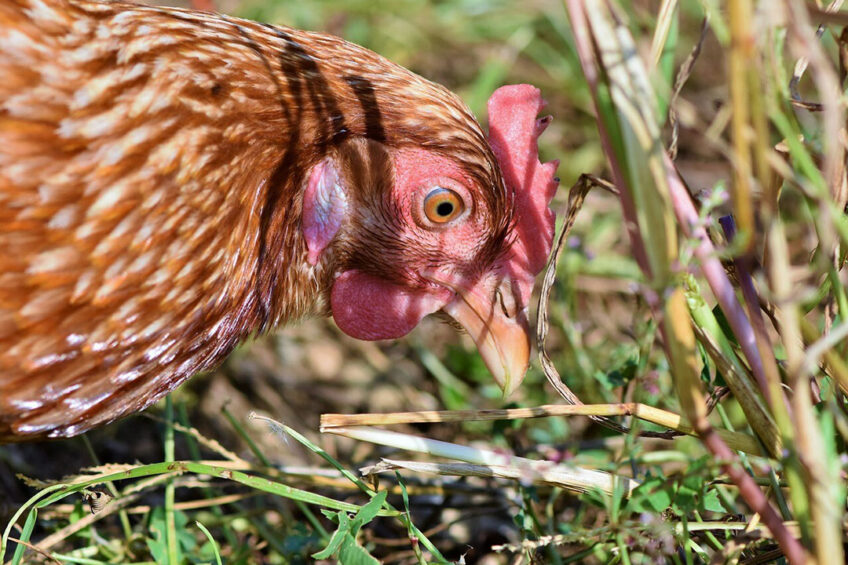Australia: Caged hens could be phased out by 2036

The draft report, Australian Animal Welfare Standards and Guidelines, has recommended eggs from cages be phased out between 2032 and 2036, which is 10 years earlier than the industry demanded.
Although some companies have already shifted to free-range eggs, major grocery chains continue to sell a mixture, reports news.com.au. And while the recommendations are expected to be met with resistance from some farmers, others say they are overdue.
Senator for New South Wales (NSW), Mehreen Faruqi, welcomed the move as a “step in the right direction” but said the transition should happen faster, noting that the industry “does not need up to 15 years to transition away from battery cages”. New South Wales is the largest producer of caged hen eggs in the country, and about ⅓ of Australia’s chicken farms are in the state.
Abc.net.au reports that, internationally, Australia has been an outlier on chicken welfare, with 30 of the 36 nations of the OECD either having phased out battery cages or in the process of getting rid of them. RSPCA senior policy officer, Jed Goodfellow, said they’d been outlawed in Europe since 2012, and New Zealand would finish their use in 2022.
Most companies meet 2020 pledge to ban caged eggs
Nearly 9 out of 10 companies fulfilled their cage-free commitments to stop using eggs from caged environments by the end of last year. Find out more…
Caged eggs have seen a significant decline in demand on supermarket shelves, with just over half the eggs sold at grocery stores being free-range. Meanwhile, however, the commercial cooking sector uses a higher proportion of eggs from caged hens. A list of companies in Australia are already using free-range whole eggs and/or eggs that are used as an ingredient in their products.
Once approved, it will be up to the state agriculture departments to turn the new standards into state-based regulations.
Join 31,000+ subscribers
Subscribe to our newsletter to stay updated about all the need-to-know content in the poultry sector, three times a week. Beheer
Beheer











 WP Admin
WP Admin  Bewerk bericht
Bewerk bericht